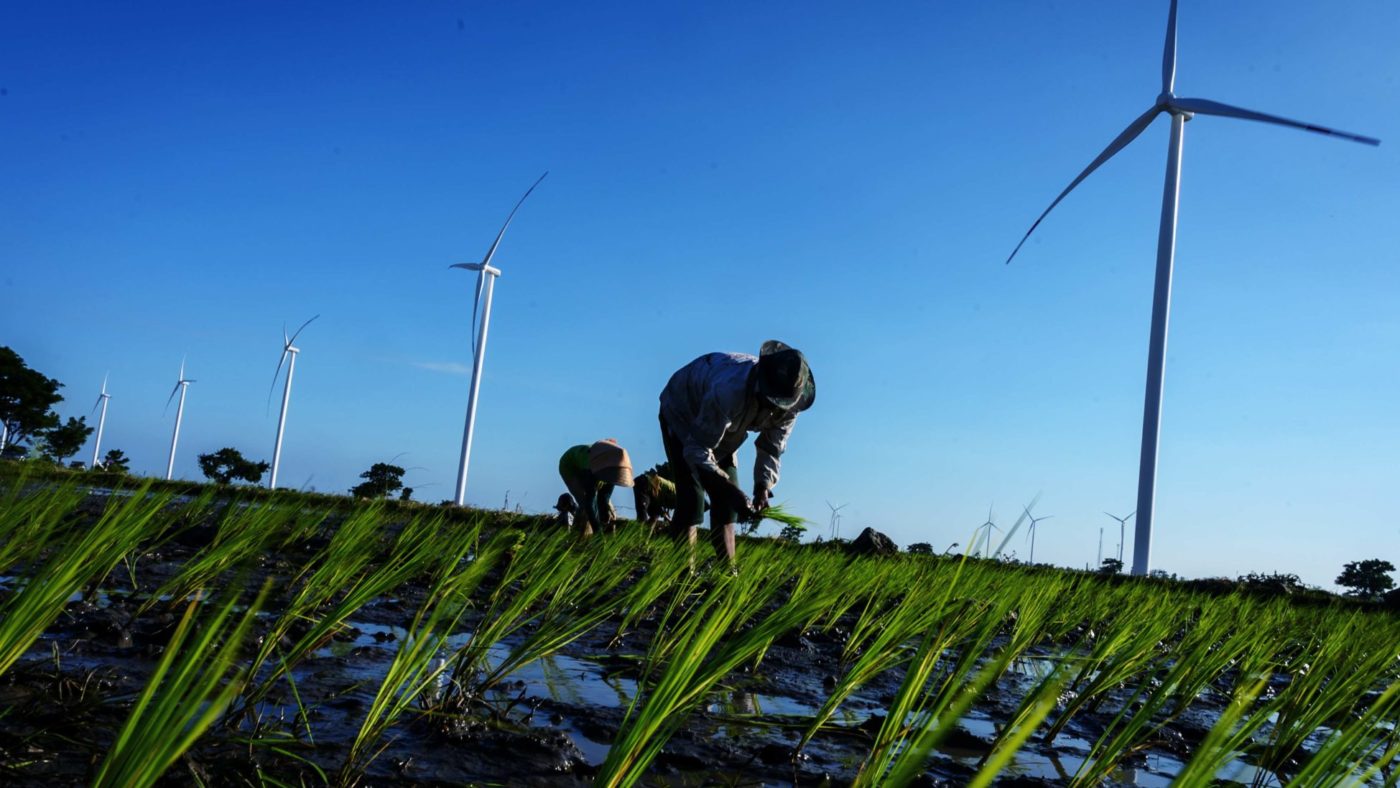Last month, BBC One drama Years & Years gifted us a speech for the ages in which we – that is, the entire population of the world, apparently – were retrospectively lectured about how we let everything go to pot thanks to our unquenchable desire to make things better. “Every single thing that’s gone wrong, it’s your fault,” we were sternly informed.
Dispensing with any hint of genuine drama and launching into full-fledged meta-fictional self-satire, we were then told that the dawn of automated checkouts in supermarkets was the beginning of the end for the human race. “Twenty years ago, when they first popped up, did you walk out?” we were asked, straight-faced. “Did you write letters of complaint? Did you shop elsewhere?”
“And I think we do like them, those checkouts,” continues the cutting monologue. “We want them.” You don’t say. Disappointingly, the connection between the advent of consumer technology, such as the innocuous automated checkout, and the ostensibly looming nuclear Armageddon is not made clear. And yet, remarkably, the programme’s series finale enjoyed near-universal praise from critics, who variously called it “powerful”, “terrifying” and “a raging call to arms”.
Though under the guise of fiction, this message conforms to a cult of chronic negativism in the media. We seem to have an unquenchable thirst for Bad News, apparently taking great comfort in the assurance that the world is on the brink of implosion and it is all our fault. A recent op-ed in the Guardian, for example, called for us – without a hint of irony – to reject “the cult of optimism” and “embrace pessimism”.
Perhaps the worst culprit of the incessant dissemination of pessimism porn is the environmentalist movement. In the pursuit of perpetual greenness, it seems there are no limits to the depths of pessimism that may be plunged, nor are inconvenient truths of any consequence. On CapX recently, Marian Tupy dissected the philosophical roots behind the climate catastrophists’ bizarre fetish for apocalypse, even when in direct contravention of the facts. It was in keeping with the tone of her comrades that Greta Thunberg proclaimed this week that our beloved planet is unlikely to survive another two decades.
Pessimism about any and all issues du jour is nothing new, of course, but the proliferation of unprecedented communications technology has taken it to a dramatic new level.
Consumerist media culture has resulted in an appetite for eye-catching headlines, rather than hard facts. We want to read about the country where a civil war has just broken out, not the one where a shaky peace accord has been signed. We are more drawn to a story saying the world will end next year than one that saying things are looking better than predicted. The beast of public attention is satisfied only by a ceaseless stream of stories more shocking than the last.
By every relevant measure, humanity is the most advanced and productive it has ever been, and the world is a much better place than it was even a short time ago. To point this out does not take romanticism, nor cherry-picking of statistics, but what should be the blindingly obvious assertion that, as we have all got richer, our lives have gotten better.
The alarmist narratives are grounded in rhetoric, rather than truth. On the environment, carbon dioxide emissions have been declining in the UK for six consecutive years, plummeting last year to levels not seen since 1858. Around the world, use of renewable energy resources has been shooting up in recent decades; as of 2016, modern renewable energy production has seen more than a five-fold increase since the 1960s, with infamous polluters China and India leading the pack.
Life expectancy – the surest measure of how well we are doing at looking after ourselves – tells a heartening story. Less than thirty years ago, we lived to an average of 65 years. As of 2016, that figure stands at 72.5; we added seven and a half years to each of our lives in the space of less than three decades.
At the crux of these great strides forward, of course, is economic growth. In 1990, well over a third of the world’s population was living in abject poverty. Today, it is less than one tenth, and that figure continues to tumble. As if that wasn’t enough, we are also more peaceful, more democratic and much more literate than at any other point in human history, with these rigidly upward trends showing no signs of plateauing.
Famed orator James May put it beautifully: “The world has never been going to the dogs. Every generation says it but if it were true we’d be there by now. There are no dogs.” That’s worth remembering the next time some loud voice tries to scare you into thinking the End of The World is coming and it’s all your fault. And as for those churning out this kind of miserabilist content – why not add a bit of hope to all the doom and gloom?
CapX depends on the generosity of its readers. If you value what we do, please consider making a donation.


